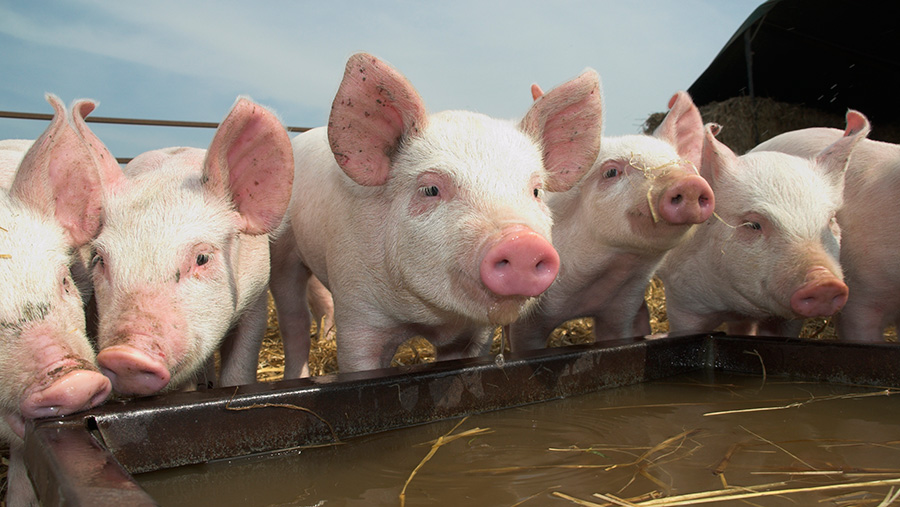Scientists play down MRSA scare in British pork
 © Gary K Smith/FLPA/Imagebroker/REX/Shutterstock
© Gary K Smith/FLPA/Imagebroker/REX/Shutterstock Scientists have played down fears of a food safety scare after a strain of the superbug MRSA was found in British pork sold in Asda and Sainsbury’s.
Campaign group Alliance to Save Our Antibiotics (ASOA) tested 97 samples of British pork sold in leading supermarkets.
Two samples of minced pork from Asda, and one from Sainsbury’s, tested positive for MRSA CC398.
See also: Antibiotics-resistant E coli has increased in supermarket chicken, study finds
CC398 is one of a growing number of antibiotics-resistant superbugs, which was first identified in livestock in the Netherlands in 2004.
Although it is less harmful to humans than the MRSA bug that kills 300 people a year in hospitals in England and Wales, it can cause health problems, The Guardian reported.
CC398 has been linked to six deaths in Denmark and it can cause persistent and potentially fatal infections in humans.
Adopting good hygiene practices in the kitchen, washing your hands when handling raw meat and cooking meat properly should minimise any risk Nicola Williams, University of Liverpool
Emma Rose, spokeswoman for the ASOA, said it was “extremely worrying” to find livestock-associated (LA) MRSA in pork produced in the UK.
Basic food hygiene
But food safety experts said basic kitchen hygiene and cooking meat thoroughly could remove any risk of catching the bug from infected meat.
Mark Woolhouse, a professor of infectious disease epidemiology at the University of Edinburgh, said: “LA MRSA is a well-known, but rare, food safety risk.
“It has been found in food animals, in food and occasionally in people for many years.
“It must be taken seriously but it has shown no sign of causing a pandemic and this small study does not change that assessment.”
Nicola Williams, a professor of bacterial zoonotic disease at the University of Liverpool, said: “Current data does not suggest that LA MRSA is common among UK pig herds.
“Even if herds are infected with significant levels of the bacteria, the extent of contamination of meat with MRSA will be much lower than compared to food-poisoning bacteria such as salmonella, so the risk of transmission to people will be lower.
“Adopting good hygiene practices in the kitchen, washing your hands when handling raw meat and cooking meat properly should minimise any risk.”
